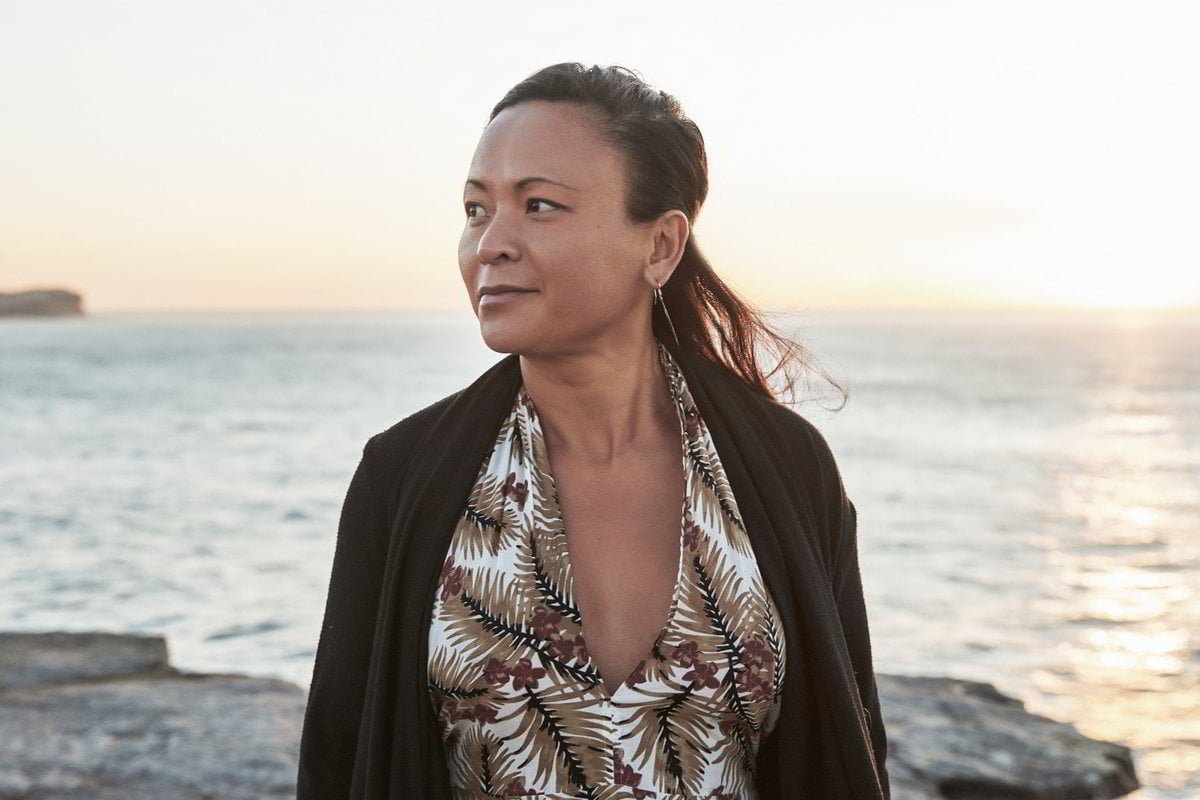
This post deals with abuse and might be triggering for some readers.
My father had three instruments of torture. The first was a stiff and shiny billiard stick, the second was a flexible cane whip, and the third (and most effective) was fear.
If someone were to ask me now what I remember most about my childhood, it would be the overwhelming stench of fear. I know what fear smells like. Fear dominated every day of my childhood. Fear followed me everywhere that I went. Fear stayed with me every day.
I cannot remember a time when fear did not lurk over my shoulder. Fear seeped through every window, rose up from each shiny floorboard and spilled through the dead cracks in our walls. It hovered over our beds while we were sleeping.
Listen to Mia Freedman's chat with Pauline Nguyen on No Filter. Post continues below.
Twice a year from the ages of seven to 13, my brothers and I brought home our school reports. For every B grade, my father caned us once. For every C grade, he caned us twice. This ritual required us to lay flat on our stomachs and not budge a millimetre until he was done. Blow after blow hacking at the flesh of our buttocks and thighs.
We swallowed the pain without dropping a tear, with teeth clenched and fists squeezed tight until our knuckles turned white. I sometimes stared out the window and wondered what the neighbours would think if they ever heard us scream. What did it matter?

Top Comments